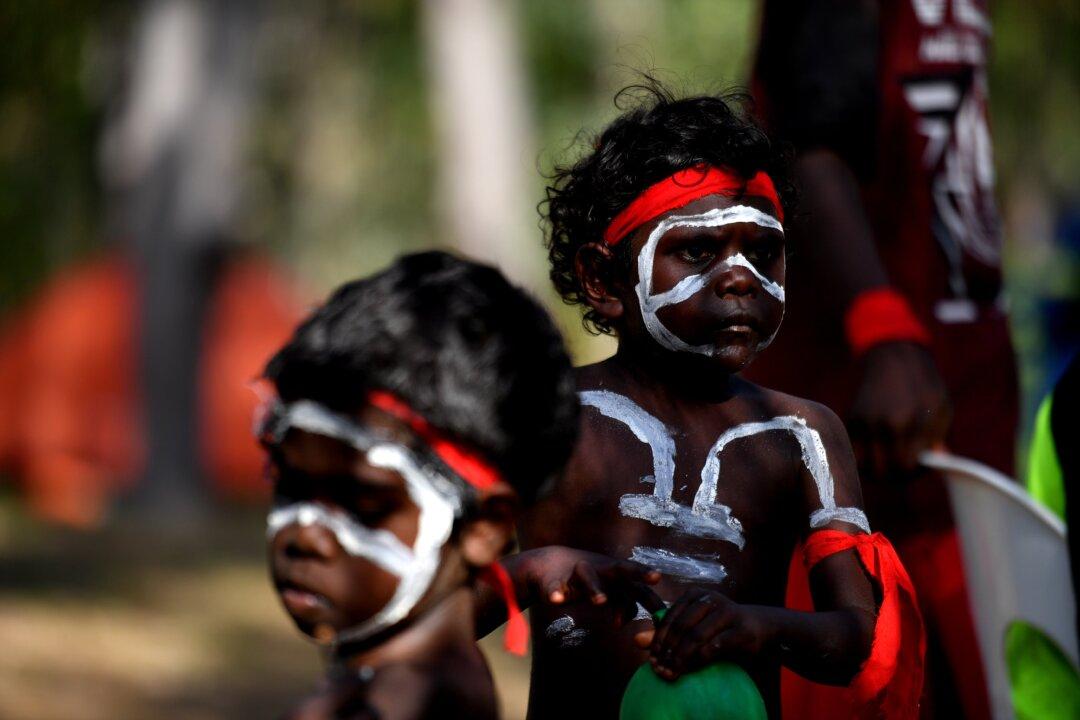Commentary
Australia is beginning to tear itself apart at the behest of the clumsy and ham-fisted approach of the government and its determination to shoehorn the Indigenous Voice to Parliament (the Voice) into the Australian Constitution.

Australia is beginning to tear itself apart at the behest of the clumsy and ham-fisted approach of the government and its determination to shoehorn the Indigenous Voice to Parliament (the Voice) into the Australian Constitution.